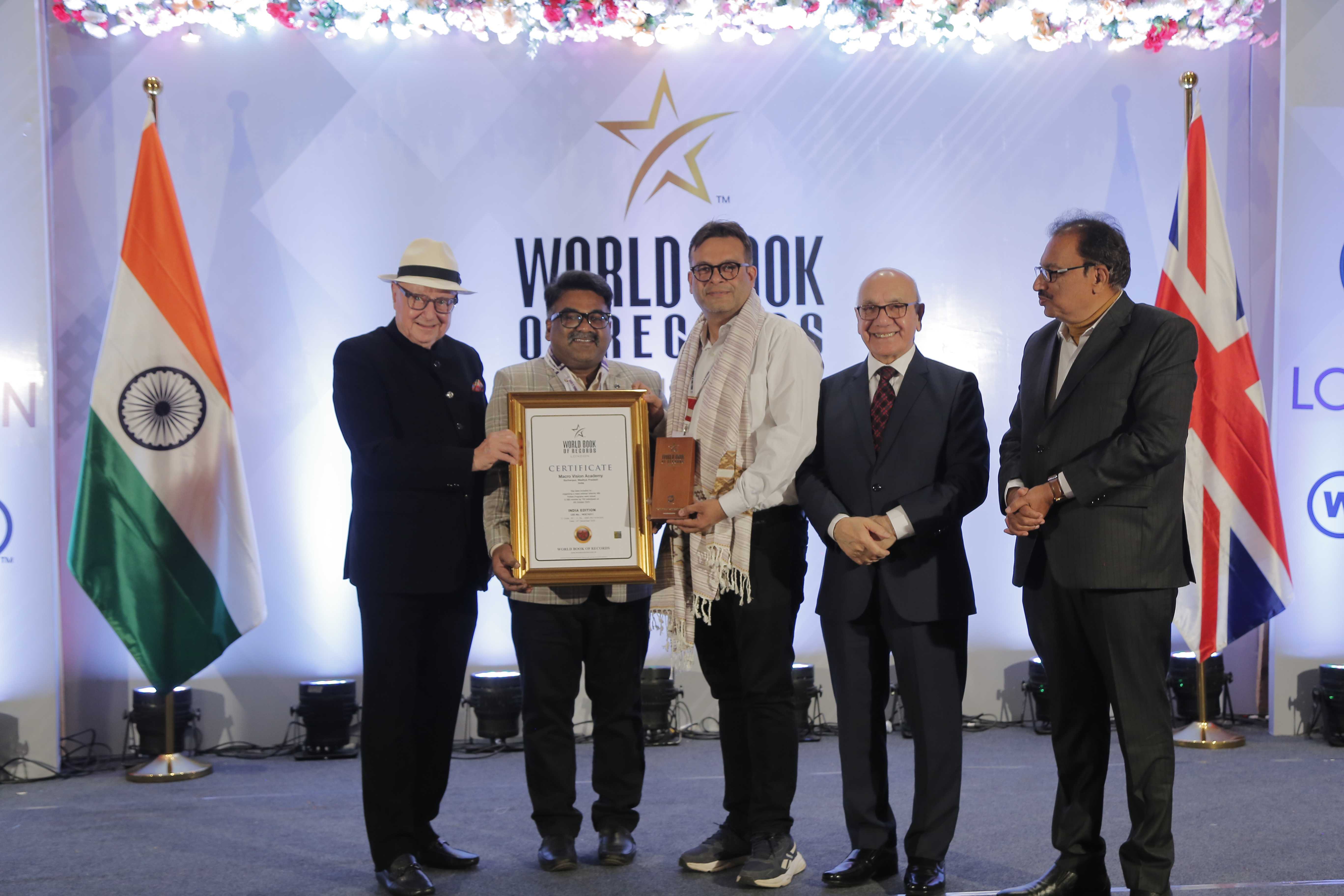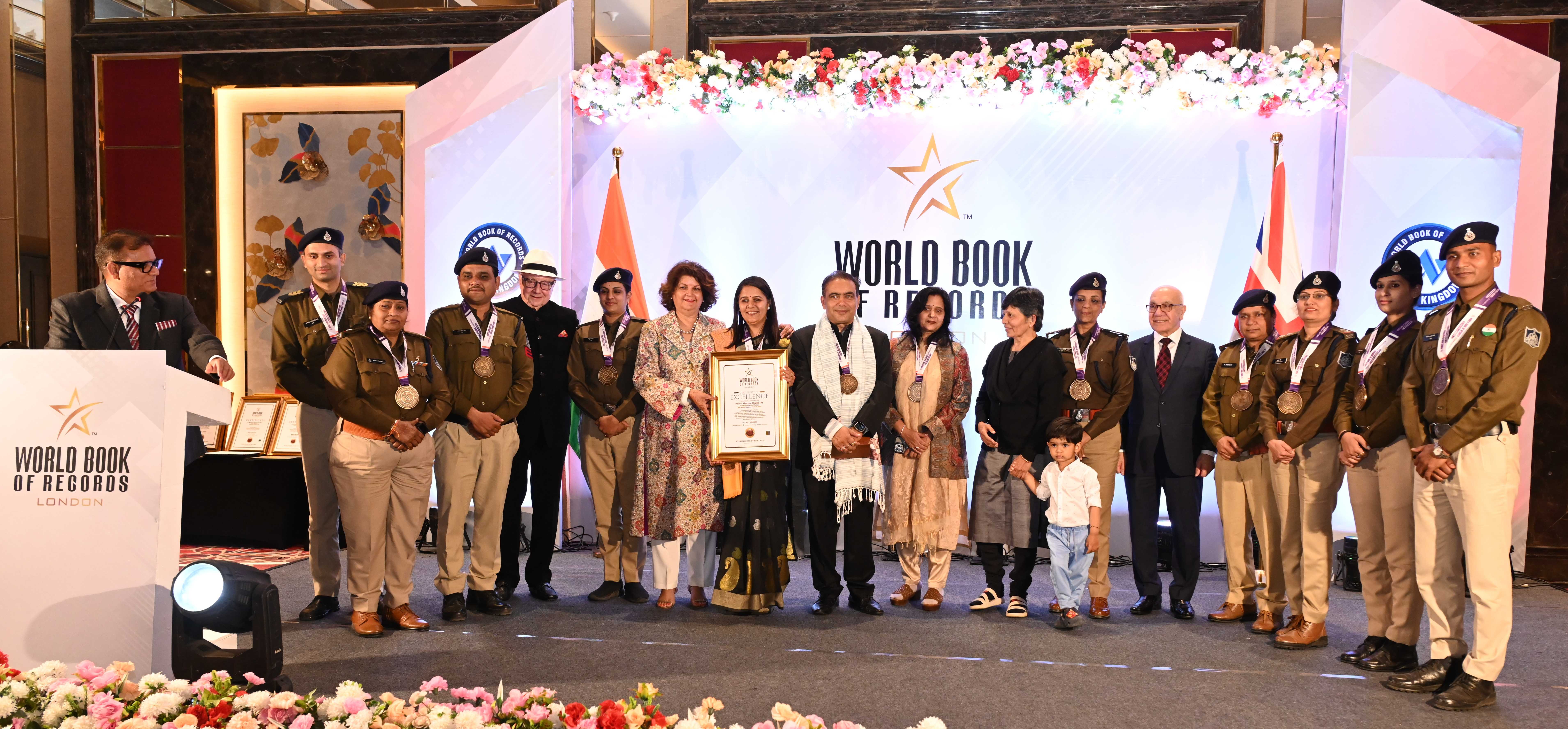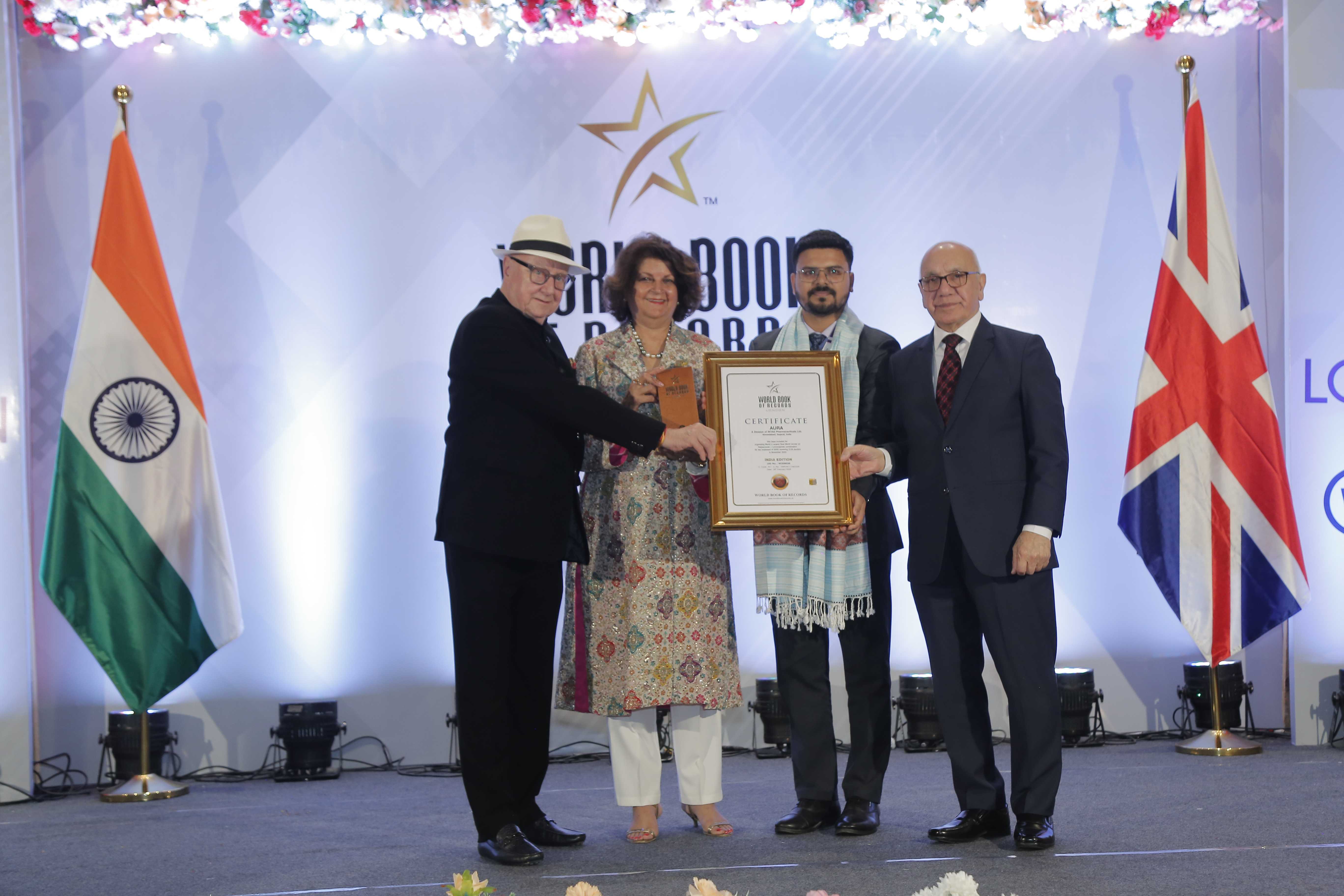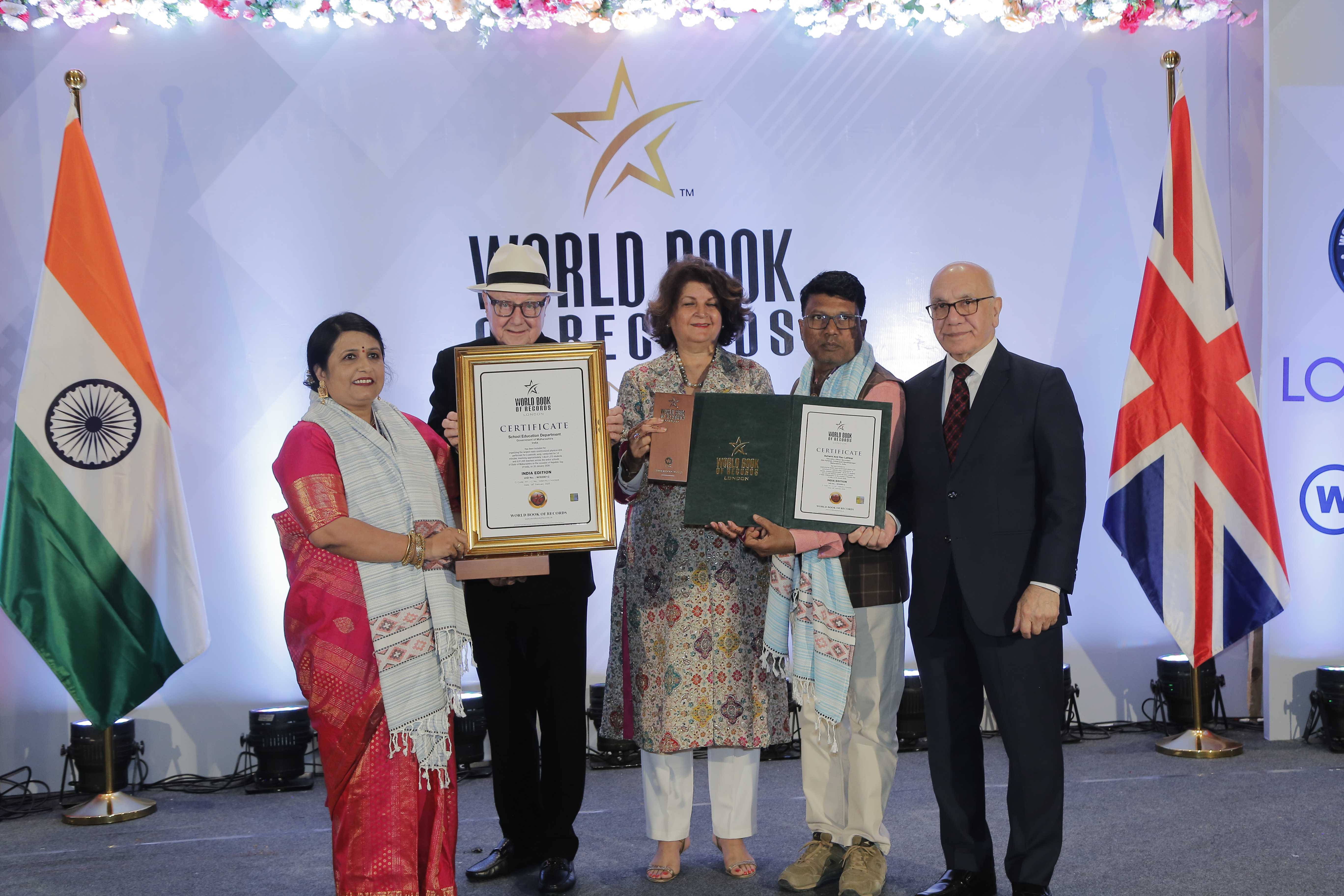The Language of mute creatures, Understanding of Humans
A remarkable initiative unfolded in Jhalawar, Rajasthan, under the dynamic leadership of Shambu Dayal Meena, RAS, the CEO of Zila Parishad, Jhalawar. In a project that is both ambitious and deeply rooted in compassion, Meena spearheaded the placement of 17,707 water containers, known as "Parindey," across 1,040 locations within the district On May 8, 2024. This initiative, involving the active participation of 25,606 individuals, was aimed at providing a reliable water source for mute creatures, including birds and other small animals, during the scorching summer months. The scale and impact of this endeavor underscore Meena's commitment to environmental stewardship and animal welfare, marking a significant milestone in Jhalawar's conservation efforts.
The summer months in Rajasthan can be unforgiving, with temperatures soaring well above 40 degrees Celsius, leading to water scarcity that affects not only human populations but also the region's wildlife. Birds and small animals, often the most vulnerable during these times, suffer from dehydration and heatstroke, leading to a significant decline in their populations. Recognizing this pressing issue, Dayal Meena’s conceptualized the idea of placing water containers in strategic locations throughout Jhalawar, ensuring that these creatures have access to clean drinking water. His approach was both visionary and inclusive. He understood that addressing the water needs of wildlife required a community-driven effort, where local residents would play a key role in maintaining and monitoring these water containers. This not only ensured the sustainability of the project but also fostered a sense of responsibility and empathy among the people of Jhalawar towards their environment.
The success of the "Parindey" initiative hinged on the active involvement of the local community. His strong leadership skills and deep connection with the people, was able to mobilize a staggering 25,606 individuals to participate in this noble cause. These participants came from diverse backgrounds, including students, farmers, government officials, and volunteers from various NGOs, all united by a common goal—to protect and nurture the district's wildlife. To facilitate the smooth execution of the project, he and his team meticulously planned the placement of the water containers. The 1,040 locations were carefully selected based on factors such as the availability of trees, proximity to bird nesting areas, and the presence of other wildlife. Each location was equipped with the necessary infrastructure to ensure that the water remained clean and accessible to the animals. The project also involved extensive awareness campaigns to educate the community about the importance of wildlife conservation. Workshops and seminars were organized in schools, colleges, and villages, where participants were trained on how to maintain the water containers and monitor the health of the animals that used them. These efforts helped in building a strong network of volunteers who took on the responsibility of ensuring the long-term success of the initiative.
The placement of 17,707 water containers across Jhalawar has had a profound impact on the district's wildlife. Birds, which were previously struggling to find water during the peak summer months, now have access to a consistent and safe source of hydration. This has not only helped in reducing mortality rates among these creatures but has also contributed to the stabilization of their populations. Moreover, the initiative has had a ripple effect on the local ecosystem. By ensuring that birds and small animals have access to water; the project has indirectly supported the pollination of plants and the dispersal of seeds, both of which are crucial for maintaining the region's biodiversity. The presence of these creatures also plays a vital role in controlling insect populations, thereby contributing to the overall health of the environment. The success of the "Parindey" initiative in Jhalawar has garnered attention from other districts in Rajasthan and beyond. The project's model, which emphasizes community involvement and sustainability, has been praised as a replicable approach to wildlife conservation. Shambu Dayal Meena's leadership has been instrumental in demonstrating that even in regions with limited resources; it is possible to make a significant impact on environmental and wildlife protection.
In recognition of his efforts, Meena has received accolades from various governmental and non-governmental organizations. His work has also inspired other leaders to adopt similar initiatives in their regions, further amplifying the positive outcomes of the project. His commitment to protecting the district's wildlife has not only saved countless lives but has also instilled a sense of environmental responsibility among the people of Jhalawar. As the CEO of Zila Parishad, Jhalawar, Meena has set a new benchmark for conservation efforts in the region. His work serves as an inspiring example of how thoughtful initiatives, rooted in compassion and supported by collective action, can bring about meaningful change. The "Parindey" initiative will undoubtedly be remembered as a milestone in Jhalawar's journey towards becoming a more sustainable and wildlife-friendly district.






